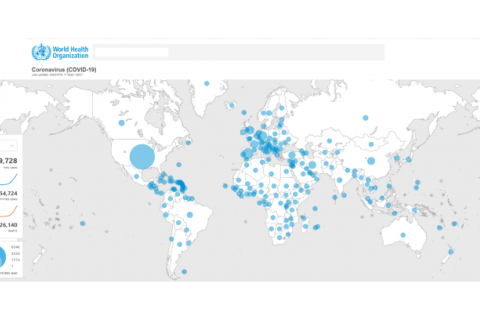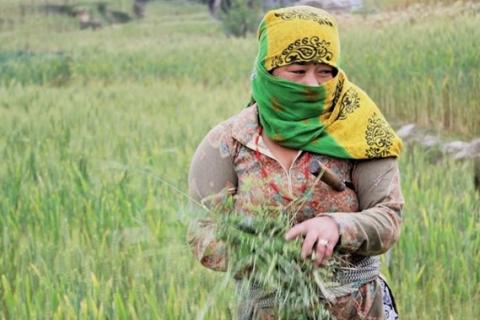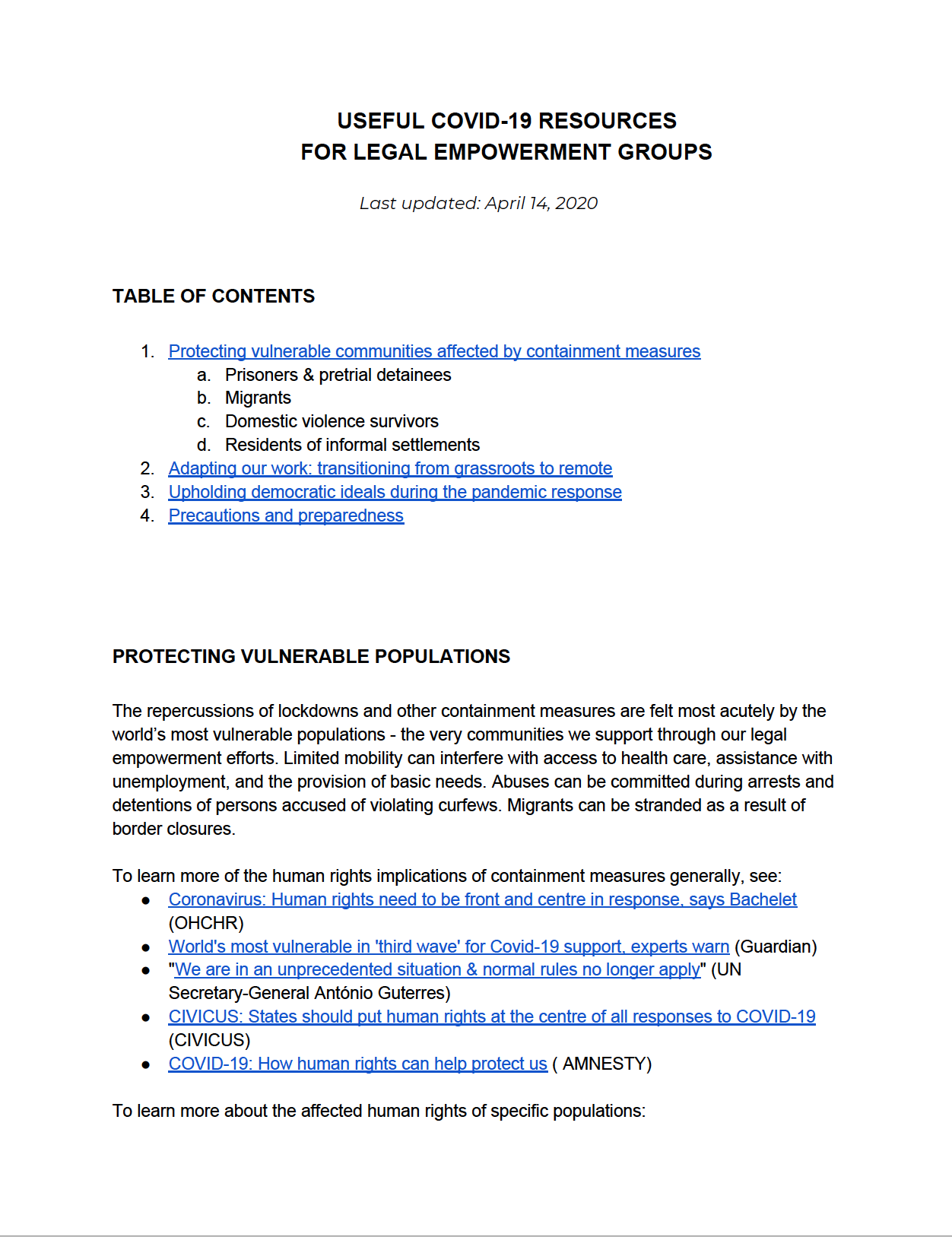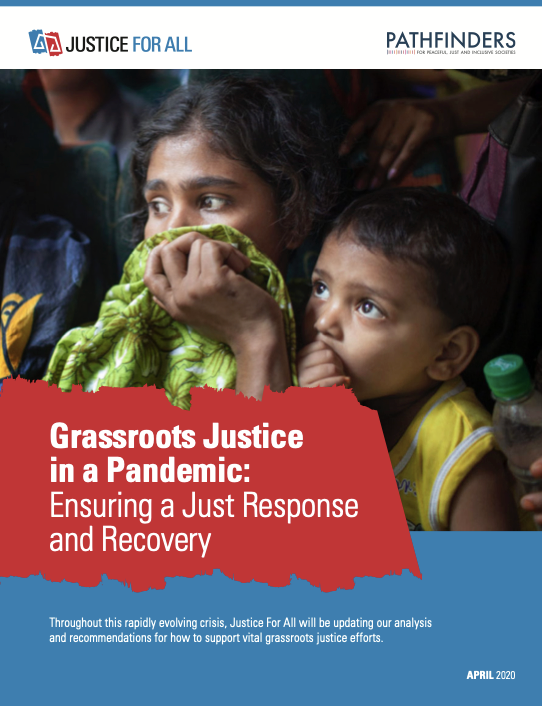Neil Sorensen joined the Land Portal as its Communications Specialist in October 2015. He has extensive experience leading communications for international organizations and developing relationships with civil society, donors, intergovernmental agencies, the media and the private sector. Previously, Neil worked for the International Fund for Agriculture Development (IFAD) as a Governing Bodies Officer and Strategic Adviser to the Secretary of IFAD. He has also led communications for three international organizations, including the International Land Coalition, the International Federation of Agricultural Producers (IFAP) and the International Federation of Organic Agriculture Movements (IFOAM). He holds a Master’s degree in Global Diplomacy from the University of London School of Oriental and African Studies (SOAS) as well as a Bachelor’s degree with a double major in German and Sociology from St. Cloud State University.
Details
Location
Contributions
Displaying 511 - 520 of 1145COVID-19, the Land Administration Sector and Spatial Information
By Rohan Bennett, Eva-Maria Unger, Christiaan Lemmen, Kees de Zeeuw
By now, most readers are likely to have been impacted by the COVID-19 pandemic – perhaps directly through their own health or the health of those they know, or more indirectly through loss of work or income… and almost certainly through the changes in social norms and freedoms brought about by various lockdowns. This article explores the relevance of the land administration sector, disaster risk management and spatial information in the context of the coronavirus outbreak.
Update LANDac events due to COVID-19 Pandemic
The COVID-19 pandemic continues to turn our world upside down, and our thoughts are with everybody directly or indirectly affected by the virus. To ensure the health and safety of all of us and those around us, LANDac has made the following decisions.
LANDac 10-year anniversary
Covid-19 pandemic exposes housing, food, water and sanitation problems in Nepal
The government authorities seem content that people are obeying the lockdown regulations which keep on changing at the local level. The authorities believe that there is a positive correlation between the lockdown on the streets and public safety from the spread of the virus: the stricter the lockdown, the safer the population.
Secure Land Rights Critical for Asia’s Rural Communities Threatened by COVID-19
Land rights as human rights is facing new challenges in the time of COVID-19 and securing land rights mean resilience for rural communities in Asia in the face of the pandemic.
Gambia: My Thoughts On Supporting Rural Women During COVID-19, Using a Gender Lens
Governments all over are asking people to stay at home, and The Gambia is no exception. Whilst this is to curb movements to limit the transmission of COVID-19, these steps can have unintended consequences for the poorest & most vulnerable.
Useful Covid-19 Resources for Legal Empowerment Groups
Namati has created a list of COVID-19 resources that address topics relevant to grassroots justice groups (available as a Google Doc 52 or PDF 74). Inside, you’ll find reflections and advice on:
Grassroots Justice in a Pandemic: Ensuring a Just Response and Recovery
Communities around the world are reeling from the repercussions of the COVID-19 pandemic and measures taken to contain it. Now more than ever, the ability to know, use, and shape the law is critical. Access to health care and various forms of relief hinge on the ability to know one’s rights and navigate complex systems. As emergency actions escalate, citizens must ensure that governments do not use the pandemic as an excuse to entrench unjust or discriminatory policies.
Highways of Peru Swell With Families Fleeing Virus
Fear of the virus and job loss in cities are pushing many back to the countryside, reversing a decades-long trend of urban migration and raising alarm about a public health crisis in rural areas.
LIMA, Peru — The bus terminals in Lima are so crowded with people waiting to escape to the countryside that families are sleeping outside, side by side.
The highways of the city, Peru’s capital, are lined with walkers, laden with suitcases and children.
City demolitions expose Ethiopian families to coronavirus
Human rights groups want a moratorium on demolitions and forced evictions of informal settlements under COVID-19
NAIROBI/ADDIS ABABA, April 29 (Thomson Reuters Foundation) - Scores of Ethiopian families are at risk of contracting the new coronavirus after authorities demolished their makeshift houses and left them homeless, human rights groups said on Wednesday.
Authorities in the capital began destroying the informal settlements near Bole International Airport in February.










